The Union Cabinet has approved the ‘One Nation, One Election’ proposal, paving the way for simultaneous elections for both the Lok Sabha and state assemblies. This decision, announced by Union Minister Ashwini Vaishnaw on Wednesday, follows months of deliberation and a report submitted by a high-level committee chaired by former President Ram Nath Kovind.
The approved plan aims to streamline India’s electoral process by synchronizing national and state elections, which are currently held at different intervals. The proposal is expected to reduce the financial and administrative burden of frequent elections, a move seen as crucial for the country’s progress. Proponents argue that it will allow the government to focus on governance rather than be in constant election mode.
Prime Minister Narendra Modi has been a vocal advocate for this initiative. In his Independence Day address, he highlighted how frequent elections have become a stumbling block for the nation’s development. “Frequent elections are creating hurdles in the progress of the nation. It has become easy to link any scheme or initiative with elections. There are elections somewhere every three to six months. Every work is linked to elections,” Modi stated during his speech from the Red Fort.
The proposal’s approval marks a significant step towards altering the electoral landscape of India. However, it has been met with mixed reactions. Supporters believe it will lead to more efficient governance and cost savings, while critics argue it may undermine the federal structure of the country by centralizing electoral power.
As the government moves forward with this plan, the implementation and impact of simultaneous polls will be closely watched, especially as it is expected to be a major point of debate in the upcoming winter session of Parliament.

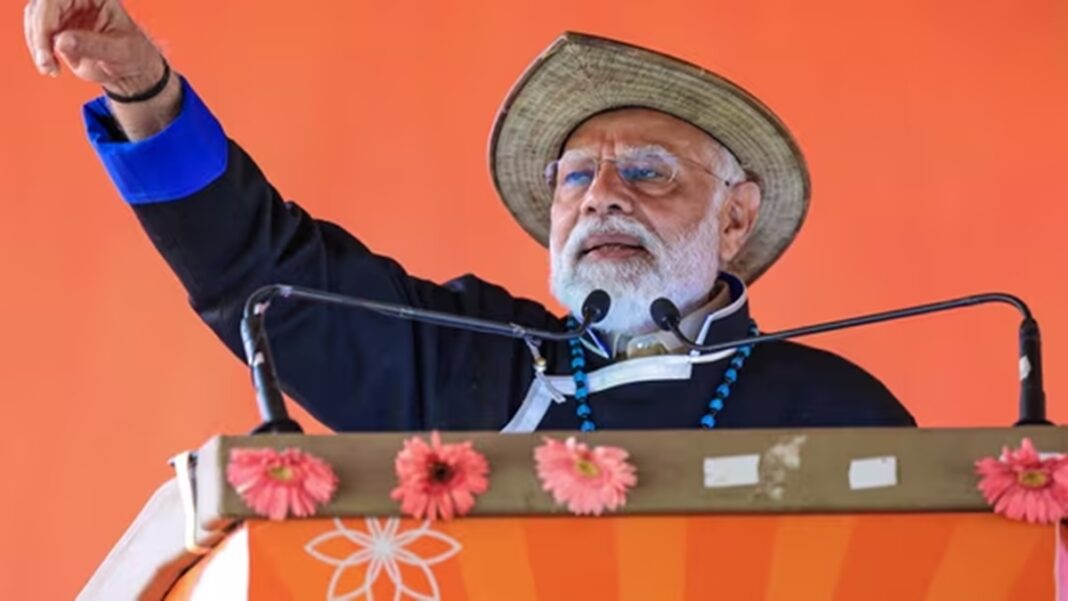

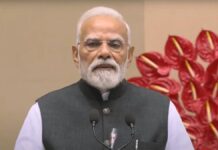
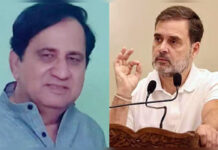
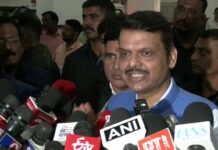
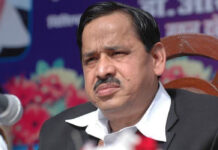
can you get cheap clomiphene without a prescription cost of generic clomid without a prescription can i purchase cheap clomid without a prescription where buy clomiphene without prescription buying clomiphene pill get clomid for sale can you buy clomid prices
Palatable blog you be undergoing here.. It’s intricate to espy elevated status script like yours these days. I really respect individuals like you! Take vigilance!!
The reconditeness in this tune is exceptional.
buy semaglutide paypal – buy periactin generic cheap periactin 4mg
buy domperidone 10mg generic – buy cyclobenzaprine 15mg generic buy flexeril sale
buy cheap generic inderal – order methotrexate 2.5mg generic methotrexate tablet
buy amoxil without prescription – cost valsartan order ipratropium sale
buy azithromycin 250mg pill – buy nebivolol 5mg for sale buy cheap bystolic
buy amoxiclav sale – atbioinfo brand acillin
buy esomeprazole 40mg pills – https://anexamate.com/ esomeprazole tablet
warfarin 2mg without prescription – https://coumamide.com/ order cozaar 50mg online
where to buy prednisone without a prescription – aprep lson prednisone 40mg oral
hims ed pills – fast ed to take buy generic ed pills
buy amoxil without a prescription – purchase amoxicillin cheap amoxil for sale
brand fluconazole – https://gpdifluca.com/# generic diflucan
purchase lexapro pill – anxiety pro order lexapro for sale
cenforce 50mg oral – buy cenforce generic cenforce 100mg oral
cialis drug interactions – ciltad gn when does cialis patent expire
zantac cost – zantac 300mg ca ranitidine cost
cialis erection – cialis price comparison no prescription tadalafil review forum
I am in fact happy to gleam at this blog posts which consists of tons of useful facts, thanks towards providing such data. sitio web
viagra sildenafil 100 mg – this viagra online order
More posts like this would make the online elbow-room more useful. https://ursxdol.com/amoxicillin-antibiotic/
Thanks for putting this up. It’s evidently done. https://prohnrg.com/product/acyclovir-pills/
This is the kind of serenity I have reading. acheter lasix avec paypal
This website really has all of the low-down and facts I needed about this participant and didn’t identify who to ask. https://ondactone.com/spironolactone/
This website absolutely has all of the information and facts I needed to this participant and didn’t positive who to ask.
purchase ozobax
This is the type of enter I find helpful. https://myvisualdatabase.com/forum/profile.php?id=118014
dapagliflozin 10mg pill – site purchase forxiga online cheap
order generic orlistat – buy cheap generic orlistat orlistat without prescription
This website positively has all of the information and facts I needed about this thesis and didn’t positive who to ask. https://experthax.com/forum/member.php?action=profile&uid=124792
You can keep yourself and your ancestors close being alert when buying panacea online. Some pharmacy websites control legally and put forward convenience, reclusion, bring in savings and safeguards over the extent of purchasing medicines. buy in TerbinaPharmacy https://terbinafines.com/product/amantadine.html amantadine
More posts like this would make the online elbow-room more useful. site
More articles like this would pretence of the blogosphere richer.
kuwin sở hữu kho game đa dạng từ slot đến trò chơi bài đổi thưởng, mang đến cho bạn những giây phút giải trí tuyệt vời.
Tham gia cộng đồng game thủ tại Go88 để trải nghiệm các trò chơi bài, poker phổ biến nhất hiện nay.
Khám phá thế giới giải trí trực tuyến đỉnh cao tại MM88, nơi mang đến những trải nghiệm cá cược thể thao và casino sống động.
iwin – nền tảng game bài đổi thưởng uy tín, nơi bạn có thể thử vận may và tận hưởng nhiều tựa game hấp
iwin – nền tảng game bài đổi thưởng uy tín, nơi bạn có thể thử vận may và tận hưởng nhiều tựa game hấp